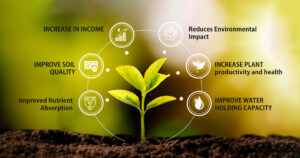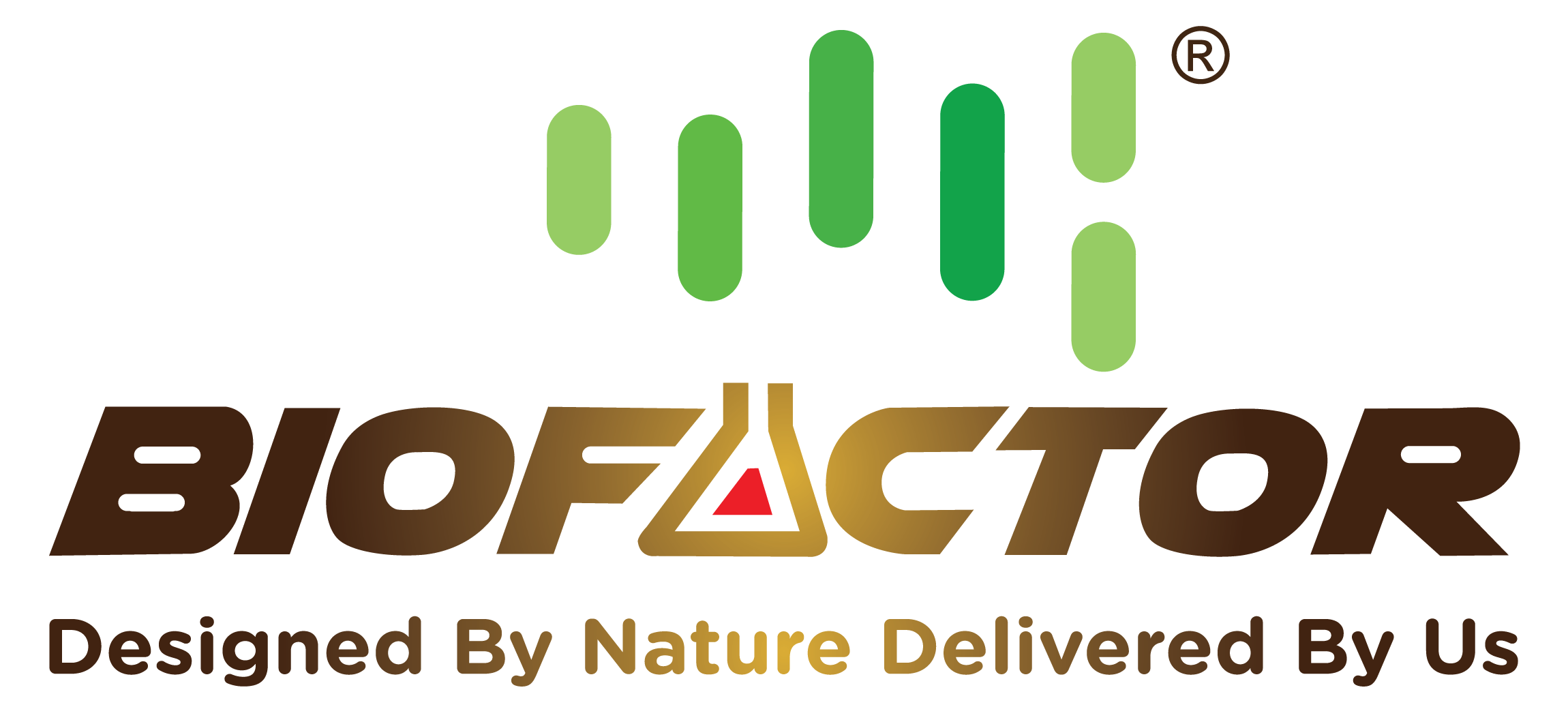What are Nano Fertilizers? Understanding The Impact of Nano Fertilizers on Soil Nutrition
What Are Nano Fertilizers?
In the quest for sustainable agriculture, scientists and farmers are constantly seeking
innovative solutions to enhance crop productivity while minimizing environmental
impact. One such solution gaining traction is the utilization of Nano fertilizers, which hold
the promise of revolutionizing traditional agricultural practices. Nano fertilizers are
innovative agricultural products made of tiny nutrient particles designed at a very small
scale. These particles enable precise delivery of nutrients to plant roots, enhancing
nutrient uptake and promoting sustainable crop growth. By leveraging nanotechnology,
Nano fertilizers offer increased efficiency, reduced environmental impact, and improved
soil fertility compared to traditional fertilizers
Understanding Nano Fertilizers:
Nano fertilizers are engineered to deliver nutrients to plants at the nanoscale,
significantly improving their efficiency and effectiveness compared to conventional
fertilizers. By utilizing nanotechnology, these fertilizers can precisely target plant roots,
ensuring optimal nutrient uptake and utilization. This targeted delivery mechanism
minimizes nutrient loss through leaching or runoff, thereby reducing environmental
pollution and enhancing soil fertility over the long term. At Biofactor, we’re committed to
pushing the boundaries of agriculture, our Nano fertilizer’s cutting-edge formulations
harness the power of nanotechnology to deliver nutrients with unprecedented precision
and efficiency.

Improved Nutrient Absorption:
One of the most significant advantages of Biofactor‘s Nano fertilizers is the ability to
enhance nutrient uptake by plants. Traditional fertilizers often struggle to penetrate the
soil and reach plant roots effectively. However, Nano fertilizers, with their ultrafine
particles, can easily permeate the soil and deliver nutrients directly to where they are
needed most. This enhanced nutrient availability promotes robust plant growth, leading to higher yields and better crop quality. Our Nano fertilizers are designed to nurture soil
health.
Enhances Soil Health and Reduces Environmental Impact:
Nano-fertilizers, derived from organic materials like peat and plant residues alongside
key ingredients such as urea, play a dual role in boosting soil productivity while
decreasing environmental pollution. Unlike conventional fertilizers, which can degrade
soil quality and contribute to pollution over time, Nano-fertilizers promote healthier soil
and aid in the preservation of underground water quality. Additionally, their use helps
combat global warming by minimizing greenhouse gas emissions. As a sustainable
solution for plant nutrition, Nano-fertilizers have been proven to enhance soil productivity
when compared to traditional chemical fertilizers.
Benefits of Nano fertilizers to Farmers:

Nano fertilizers offer farmers multiple benefits. Firstly, they enhance nutrient uptake by
plants, leading to higher yields and better crop quality. Additionally, their targeted
delivery mechanism reduces nutrient wastage and minimizes environmental pollution,
making farming practices more sustainable. Furthermore, Nano fertilizers can improve
soil health over time, ensuring long-term fertility and productivity. Nano-fertilizers play a
crucial role in boosting farmer profits by elevating crop yields, enhancing crop quality,
and slashing input expenses. Additionally, they enable farmers to adapt to changing
conditions, optimizing agricultural output compared to traditional methods.
Conclusion:
The impact of Nano fertilizers on soil nutrition cannot be overstated. From enhancing
nutrient uptake and improving soil health to promoting environmental sustainability,
Nano fertilizers offer a multifaceted solution to the challenges facing modern agriculture.
With Biofactor’s advanced formulations, farmers can achieve higher yields, healthier
crops, and a more sustainable future for agriculture. By harnessing the power of
nanotechnology responsibly, we can unlock the soil’s potential and pave the way for a
more sustainable and food-secure future.


